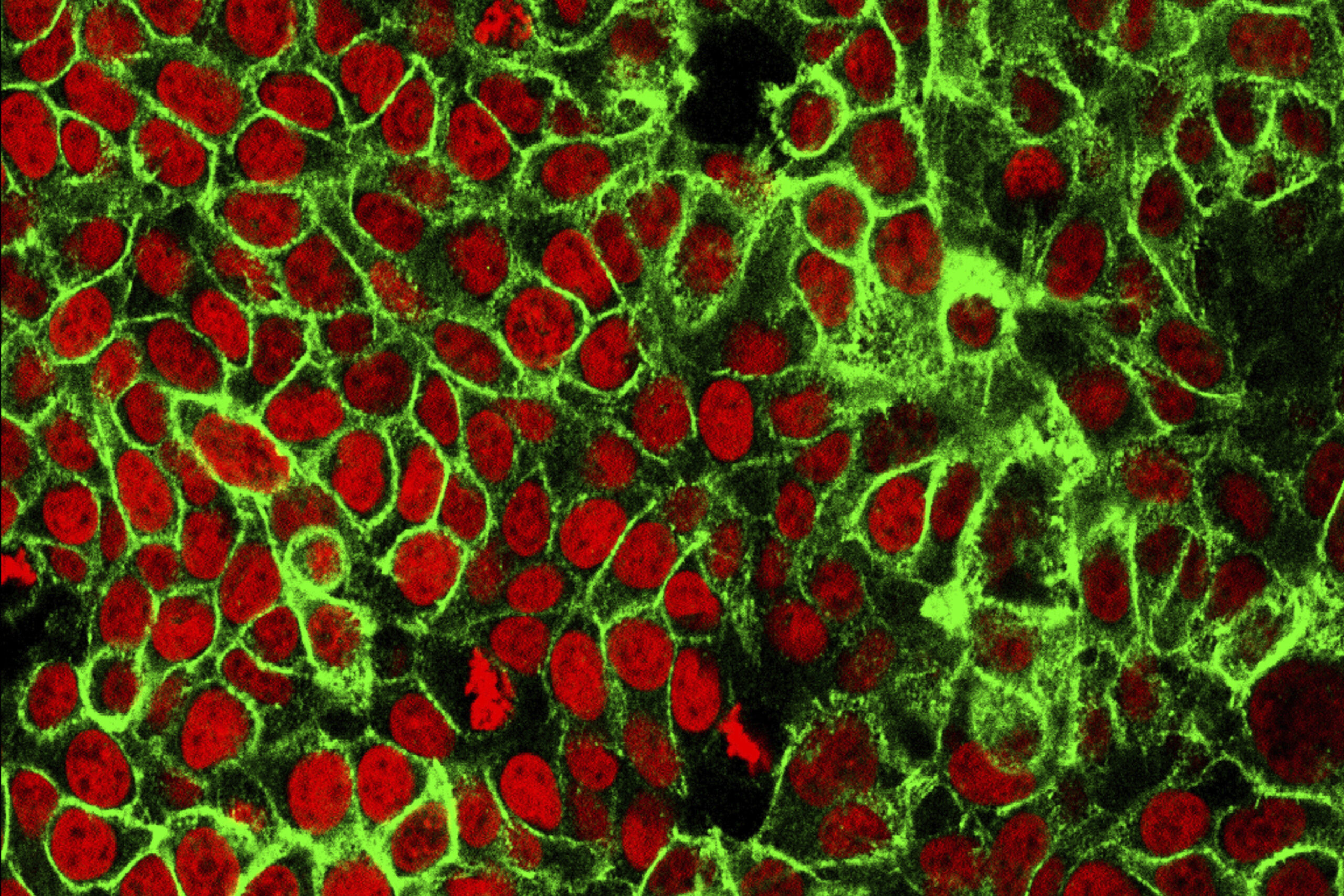When her husband was undergoing cancer treatment, Cindy Perez of Southwest Ranches, Fla., learned about a new blood test that could help find early cancers. The 50-year-old said she felt fine, but her husband urged her to take the test anyway.
To her surprise, the blood test — called Galleri — came back positive. Scans revealed a small tumor in her groin and a diagnosis of mantle cell lymphoma, a rare but aggressive form of cancer. She was treated and now, two years later, she’s in remission. “For me, the test was a miracle,” she said. “A real big miracle.”
Many experts believe that such tests, which analyze substances in the blood that might indicate cancer, represent a remarkable new chapter in cancer detection. The tests may be especially useful finding “silent” cancers — such as pancreatic or ovarian cancer — which often don’t cause symptoms until the disease is advanced and more difficult to treat.
“It opens up a whole new world,” said Eric Klein, a scientist at the health-care company Grail who developed Galleri, a multi-cancer detection test. “It’s the unmet need we face in cancer.”
These new cancer detection blood tests — about 20 are in various stages of development — measure cancer “signals,” which are biological substances shed by cancers such as fragments of tumor DNA. Some can even identify the organ or tissue involved.
Technological and scientific advances in recent years, including discoveries in tumor biology, machine-learning tools and the ability to recognize circulating DNA and other substances in the blood, have made these new tests possible, experts said.
















